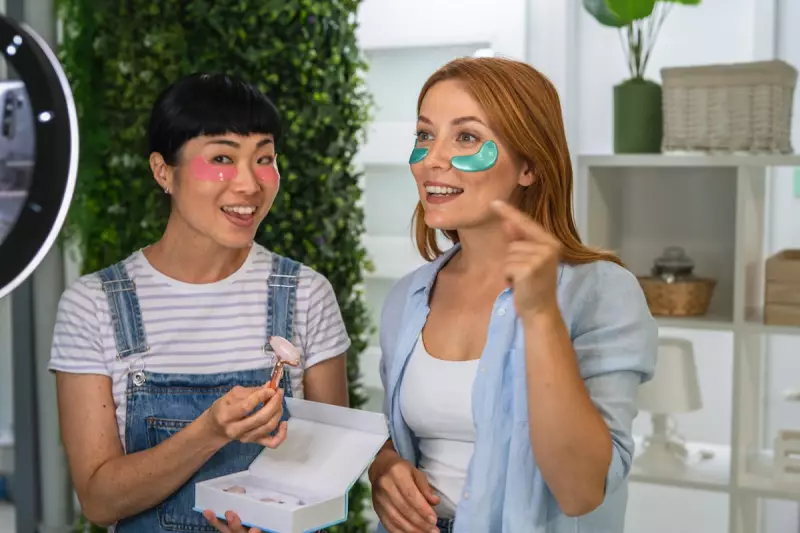
British consumers are being systematically duped by a sophisticated new marketing strategy known as 'wellness washing', where brands attach bogus wellbeing claims to everyday products to justify inflated prices and boost sales.
This insidious trend has infiltrated the UK market, with everything from ordinary moisturisers rebranded as 'sleep cream' to basic supplements marketed as miracle cures for modern anxiety. The tactic preys on the growing consumer desire for holistic health solutions, often leaving shoppers with empty wallets and unfulfilled promises.
The Anatomy of a Wellness Wash
Wellness washing operates on a simple but effective premise: take a standard product, add a buzzword like 'calming', 'adaptogenic', or 'mindful', and watch the price soar. The Independent's investigation reveals several key patterns:
- Sleep-Exploiting Skincare: Standard night creams are being repackaged with claims of containing 'sleep technology' or 'nocturnal repair complexes', despite lacking any evidence-based ingredients that genuinely affect sleep quality.
- Supplement Scams: Basic vitamins and minerals are being marketed as advanced stress-relief or anxiety solutions, often with minimal scientific backing for their exaggerated claims.
- Pseudoscientific Packaging: Products feature deliberately complex ingredient lists and pseudo-medical jargon to create an aura of scientific legitimacy where none exists.
Why Wellness Washing Works
The effectiveness of wellness washing lies in its timing. Post-pandemic Britain has seen an unprecedented focus on mental and physical wellbeing, creating a vulnerable and eager market. Brands exploit genuine consumer concerns about stress, sleep deprivation, and self-care by offering seemingly simple solutions in attractive packaging.
Dr Eleanor Vance, consumer psychologist at University College London, explains: 'When we're anxious about our health, we become susceptible to marketing that promises quick fixes. Wellness washing taps directly into this vulnerability, offering the illusion of control through purchase behaviour.'
The Regulatory Grey Area
Combatting wellness washing proves particularly challenging due to lax regulation around terms like 'wellness', 'natural', and 'clean'. Unlike specific health claims that require European Food Safety Authority approval, wellness terminology operates in a largely unpoliced space.
The Advertising Standards Authority has intervened in several high-profile cases, but regulators struggle to keep pace with the rapidly evolving tactics employed by marketing departments.
How to Spot and Avoid Wellness Washing
Consumers can protect themselves by adopting a sceptical approach:
- Scrutinise Claims: Look for specific, verifiable benefits rather than vague wellness terminology.
- Research Ingredients: Familiarise yourself with evidence-based ingredients rather than marketing buzzwords.
- Question Pricing: If the price seems inflated for what's essentially a basic product, it probably is.
- Consult Professionals: Seek advice from healthcare providers rather than relying on product marketing for health solutions.
As the wellness industry continues to grow, experts urge consumers to remain vigilant. True wellness, they argue, cannot be packaged and sold—it requires genuine lifestyle changes that no cream or supplement can provide.





